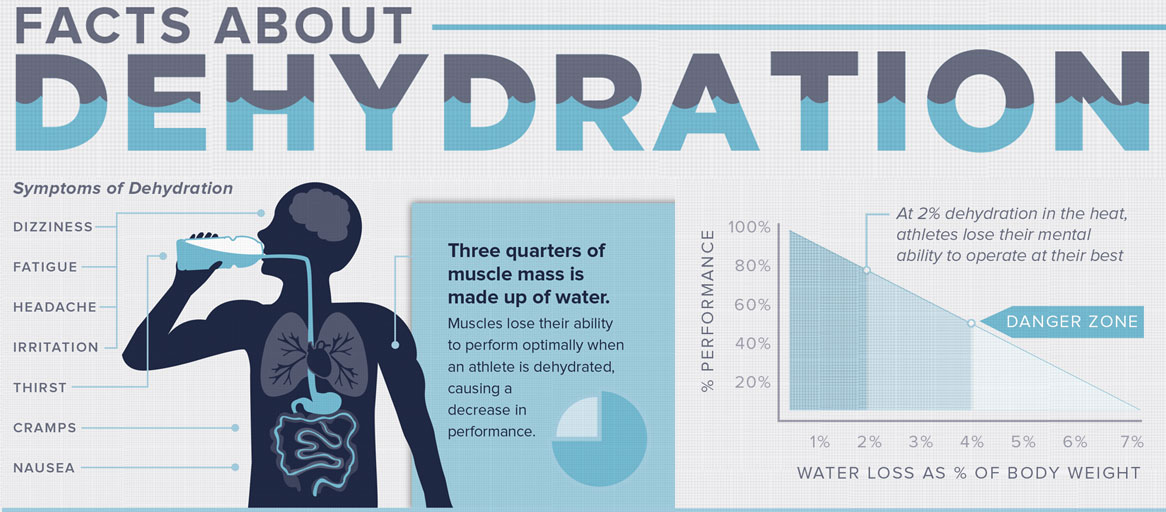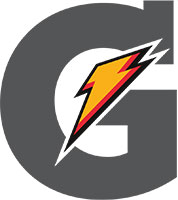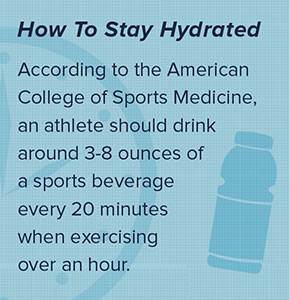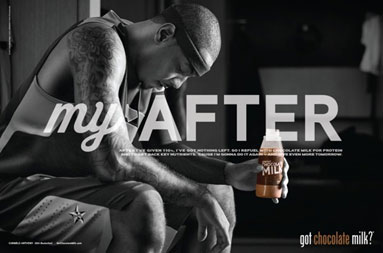
Facts About Dehydration
It seems like every fall we hear at least one story about a high school football player who was worked too hard during camp and suffered a serious illness or even death due to dehydration. Such incidents are completely avoidable and totally unacceptable. When putting together an athletic program, coaches, athletic directors and parents should make sure they invest in hydration products that include an adequate water supply and delivery system so that players are not at risk.
To provide teams with some information on the disastrous effects of dehydration, Anthem Sports has produced an infographic that lays out the details of how this condition can dramatically affect the performance and lives of young athletes:
Even at relatively minimal 2 percent dehydration, athletes will begin to lose the mental acuity necessary to compete at a high level. The brain begins to lose its ability to communicate effectively with muscles, making it difficult for players to move as quickly and agilely as they need to.
Some of the symptoms of early dehydration include headaches, nausea and cramps.
There’s a pervasive but false belief among some coaching staffs that making players work harder with less water will make them tougher and more competitive. In fact, doing this will cause athletes to overheat and get sick. Furthermore, stigmatizing athletes for drinking water and taking breaks when it’s hot outside and they’re wearing several pounds of football equipment will hurt team morale and make it more difficult for your players to work as a cohesive unit.
By requiring your team to hydrate and rest, you’ll be giving them the physical and mental tools necessary to win games and beat opponents. It’s already hard enough to win a championship. Don’t add another obstacle by letting your student athletes get dehydrated.
Is Gatorade Better Than Water?
Sports drinks like Gatorade and Powerade have become incredibly popular over the past two decades. Numerous athletic associations turn to these flavored beverages for their team hydration needs, as the ubiquitous orange Gatorade coolers found on football and soccer fields demonstrate.
But, as "sugary drinks" like soda have come under fire recently, many parents are wondering if Gatorade is really better than water for their athletes.
Research done by scientists across the country has indicated that, at least in some cases, Gatorade really does help athletes' bodies stay better hydrated during a workout.
The key to sports drinks' benefit lies in the duration and intensity of the exercise. W. Larry Kenney, a professor of kinesiology and physiology at Penn State, said that sports drinks contain critical electrolytes like sodium, which, counterintuitively, helps athletes maintain thirst.
"If you drink plain water until you no longer feel thirsty, you've most likely not replenished all lost fluids," Kenney said in an interview with the university's online research magazine.
The carbohydrates and sugars in drinks like Gatorade also give athletes a much-needed energy boost during longer-form workouts. However, Kenney noted, they will not make much of an impact for lighter activity or during a short period of exercise, where the sugars in the drinks could outweigh the calories burned during the session.
Kenney recommended that for any workout of 45 minutes or longer, athletes should incorporate a sports drink into their hydration routine.
"The longer the activity," he said, "the more important sports drinks become."
When used properly, the research shows that Gatorade can help athletes perform better and stay hydrated. So don't worry about that orange cooler – go ahead and take a drink.
This article is brought to you by Anthem Sports, a leading supplier of brand name sporting goods and sports training equipment.
The Science Behind Chocolate Milk
Click here to learn why drinking lowfat chocolate milk is best for exercise recovery.













